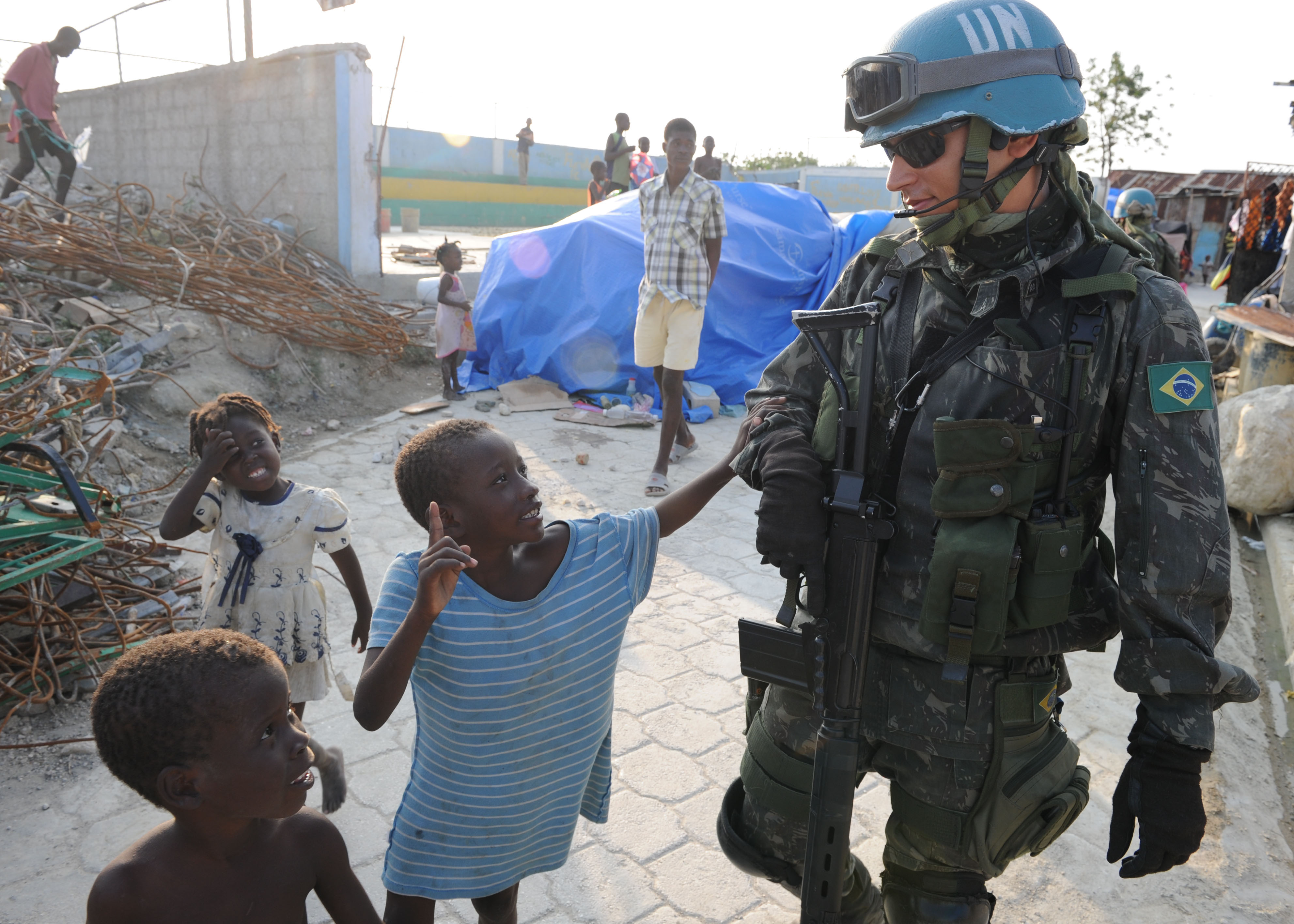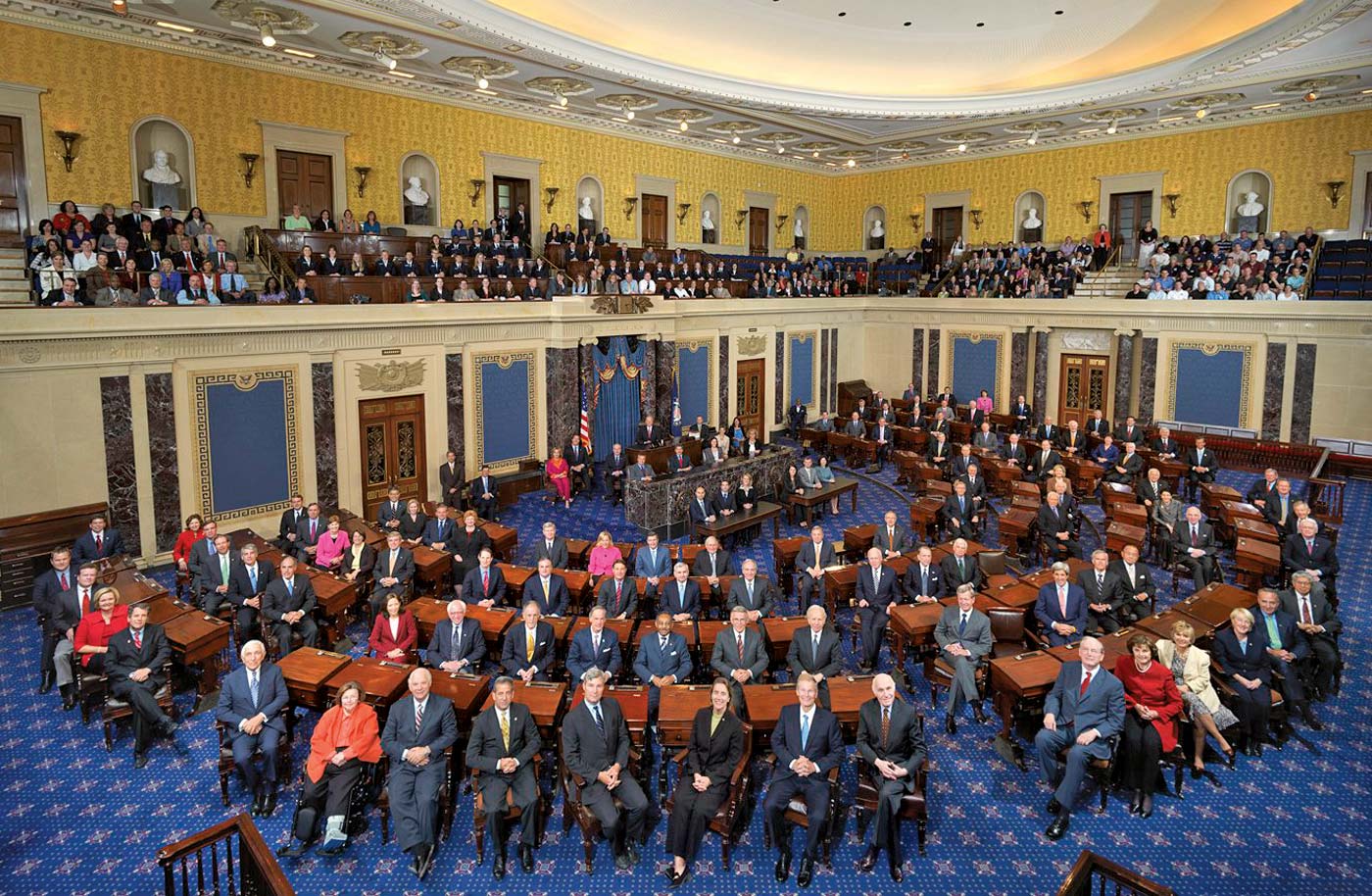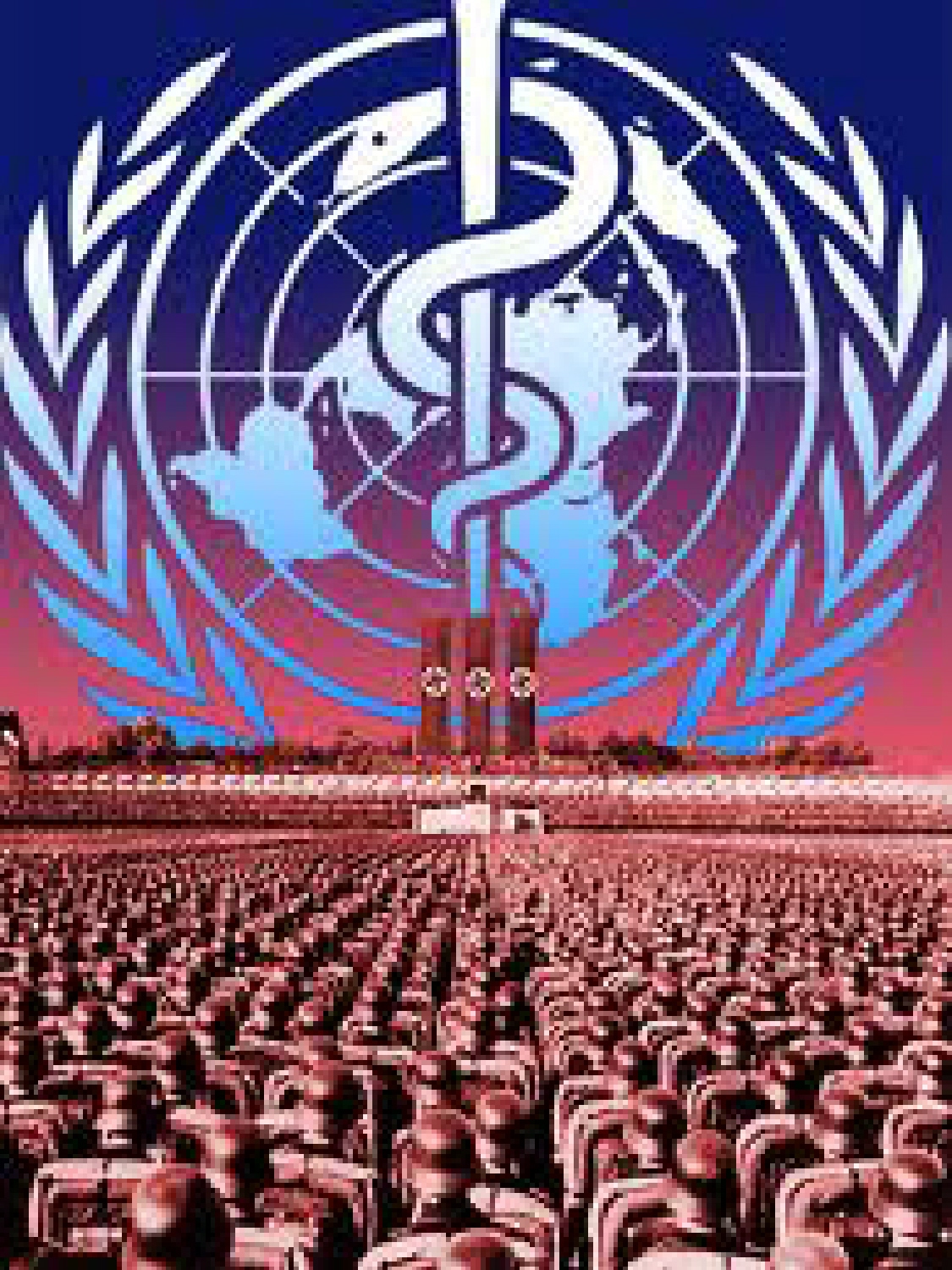The United Nations has been, in my opinion,
a pretty good success, though without a spotless reccord. Wars have still happened since it was founded in 1945 in the
aftermath of World War Two, and, despite all the conspiracy theories and sci-fi
media in the past few decades, it’s nowhere close to becoming a one-world
government. I promise. However it has greatly improved the standard of living for
millions, saved millions more from disease, protected natural and national
treasures, and has successfully averted a full scale war in the height of the
Cold War with a mixture of diplomacy, sanctions and sternly worded ultimatums,
and has sought to protect the tenuous peace of the many smaller conflicts that
have broken out with blue helmeted peacekeepers around the world.
 |
| What better way to say "I may be a solider, but I don't want to hurt anyone today" than a light blue helmet that makes you stick out? |
So, what if the UN never existed?
Point
Of Divergence
The best point of divergence I can think of
would be that after World War Two, the US Senate, in a last gasp of
isolationism, votes down the UN, saying it’s just another ineffectual League of
Nations (or, another point that is made today that it’s too powerful, taking
away the powers and privileges of the nation to an international body). Without
the US, other major powers such as the USSR, United Kingdom, France and China,
the proposed Security Council, also back away. By 1947, the dream of the United
Nations has failed.
 |
| The Senate of the United States: Blocking anything and everything with a "Not American Enough" stance since 1788! |
In it’s place, I would see a pre-World War
One “Powers” System come to the fore. At the very top would be the United
States and the Soviet Union as the “superpowers.” Next on the list, nations
like the United Kingdom, France, and China, later to be joined by Germany, and
Japan, would be the “Great Powers,” the nations that possess a powerful economy
and strong military capabilities, and could throw wrenches into whatever plan
the superpowers hold, though they were completely overshadowed by the big
leagues. After that, the Medium Powers: Turkey, Canada, Italy, Spain, Brazil,
Iran, Egypt, Argentina, Australia, Indonesia (when independent), the
Netherlands, Sweden, and others. These nations would be more diplomatically
inclined, and either neutral in the Cold War, or supporting one side of the
other. However, there would be no forum established for the Super, Great or
Medium powers to work together, and most nations would only work with each
other on a geographical or on specific interests.
This would establish a semi-balanced
status-quo, at least for a while as the world rebuilt from the ruins of war.
But I don’t think it would be as peaceful, or even as stable, as the world
would have been with the UN. But, it would be very much a “might makes right”
kind of world, where the bigger nations would be able to bully the smaller ones
if need be, with not course of legal action to possibly be undertaken. It would
be the late 19th and early 20th century all over, where
the Great Powers of UK, Germany, France, Russia, Italy, Austria-Hungary and the
Ottoman Empire made temporary alliances for one issue, then breaking them over
another issue to make new ones.
 |
| Honestly France, why do you want to do anything with the weird octopus people? |
The
Consequences
With all the close calls of just the Cold
War that were resolved with the aid of the United Nations, the biggest one
would have been the Cuban Missile Crisis. So what if their was no UN for
American Ambassador Adlai Stevenson to confront his Soviet counterpart Valerian
Zorin with the big pictures of Soviet missile bases in Cuba for the world to
see? What if there was no efforts by other nations via the UN to get the
superpowers to work together?
Frankly, I think full-scale nuclear war
would be the result, and all the fun counterfactual scenarios that would come
after that.
 |
| That said... FALLOUT 4!!! |
Even if there were no big war, without the
UN there wouldn’t be the myriad of agencies that worked under the United
Nations umbrella: the United Nations Educational, Scientific, and Cultural Organization
(UNESCO), the International Atomic Energy Agency (IAEA), the International
Court of Justice (ICJ), the International Monetary Fund (IMF), the World Health
Organization (WHO) and so many more with so many acronyms. All of these bodies
have immeasurably improved the world, and without them, it’s hard to see how
the world would even be close to the same. Not to mention the tradition of
peacekeeping, first put into effect after the Suez Canal Crisis in 1956 after
being promoted by Canadian Lester B. Pearson[1],
would be non existent without the UN.
Conclusion
I will not deny that the United Nations has
failed. In the past five years, the lack of action on the Syrian Civil War and
the Ukraine Crisis have shown its flaws (though I blame Putin in Russia for not
letting anything get done on the Security Council than a failure to act by the
UN). However, I feel that the many positives of the United Nation far out ways
the few failings.
 |
| This not very well drawn MS Paint picture that might at one point have been a giraffe perfectly explains my feelings for the UN! |
After World War Two, the need for an
international organization that could allow nations to stand up to those that
threaten the peace was very real, after the failure of the League of Nations to
stop Hitler, Mussolini, or Imperialist Japan. I feel that a body like the
United Nations would have been founded eventually, with the aftermath of World
War Two being the likely time. However, it wasn’t born fully developed: it took
11 years before Peacekeeping became a legitimate tool for the body. So many
things could have changed, with maybe the eventual goal, somewhere down the
line in an alternate universe, to an eventual one-world government.
Can’t be that bad, right?
 |
| ... Yeah, this is why I don't listen to any conspiracy theories. Especially on the internet. |
[1] I could go on about Pearson: served in World War One as a stretcher
barrier before transferring to the Royal Air Force; became a diplomat; was the
second Ambassador to the US (1944-1946); was nearly the first Secretary General
of the UN; elected to the House of Commons in 1948; became Secretary of State
of External Affairs (the modern Foreign Affairs Minister) and served between
1948-1957; won the Nobel Peace Prize in 1957 for his role in the Suez Canal
Crisis; Leader of the Liberal Party of Canada in 1958; elected Prime Minister
in 1963 until 1968; got a new flag for Canada in 1965; presided over the
Centennial Celebrations in 1967; and finally retired in 1968, before passing
away in 1972, a year after being appointed to the Order of Merit by Queen
Elizabeth II. This really does not do justice to perhaps on of the greatest
Canadians of all time.
What war did it successfully avert at the height of the cold war? How has it improved the standard of living for millions?
ReplyDeleteI will admit I didn't go into as much detail as I should have, mostly because it was late the night before it was to be posted.
DeleteHowever, I feel the UN has prevented World War III from breaking out, so that has been a big plus. But it's hard to say that World War III will never happen, just that it hasn't happened yet, mostly because the UN has provided a place where the nations of the world can work together.
As for improving the standard of living, UN lead efforts in Africa, Asia and Central America have helped the impoverished in the most destitute nations, with food, clean water, education and in extreme circumstances security in dangerous locales. I can't say it was always successful, the mission in Rwanda in 1994 being a primary example, but I think without international peacekeeping efforts and organizations such as the World Health Organization, disease and poverty will be much more severe than it is today.
I hope this answered your question.
I think nuclear weapons had more to do with preventing WWIII than the UN. MAD may not have been easy to live with, but the alternative would have been far worse.
DeleteAs far as raising the standard of living for millions, thank capitalism. The UN flushed more money away through corruption than was ever spent on people. Occasionally the UN may have helped in an emergency, but certainly not enough to actually raise a standard of living.